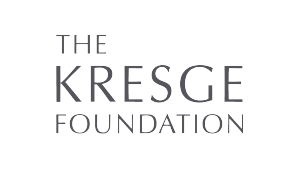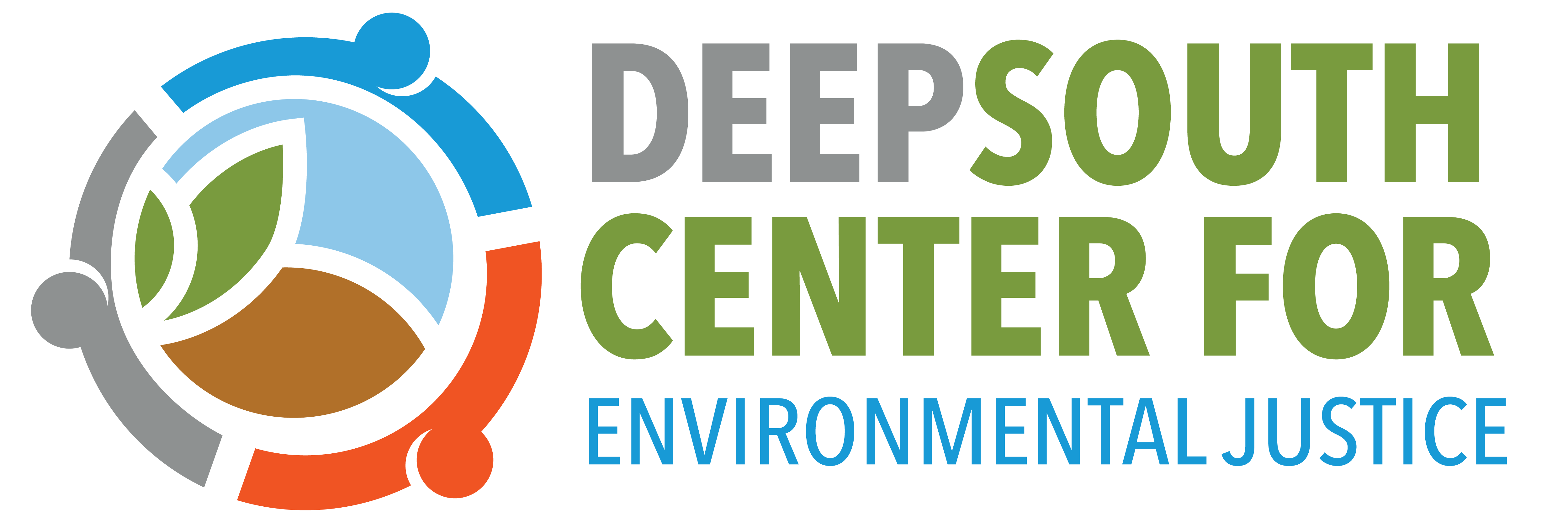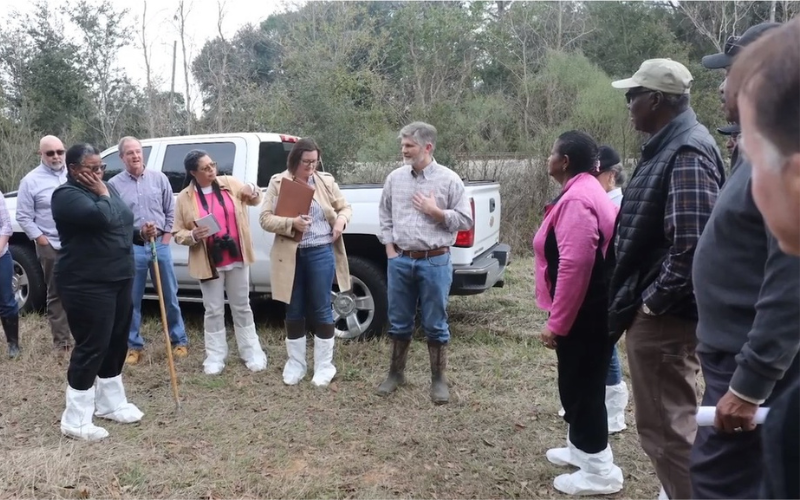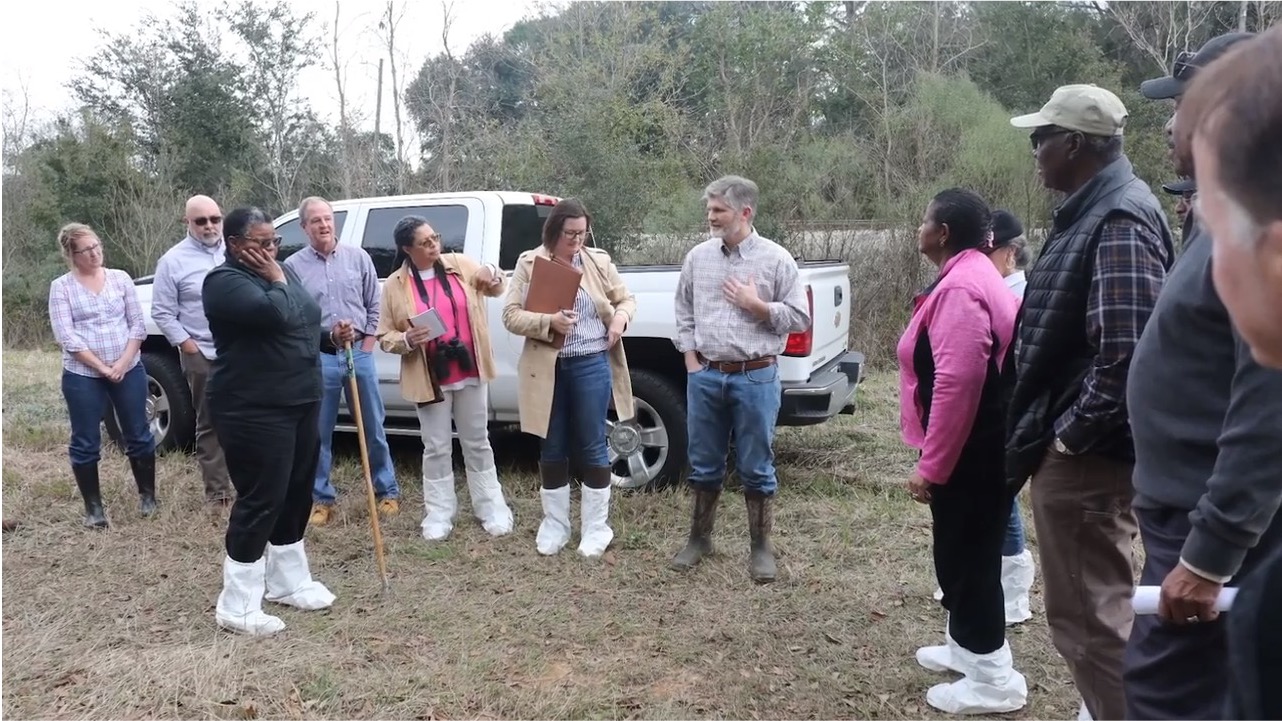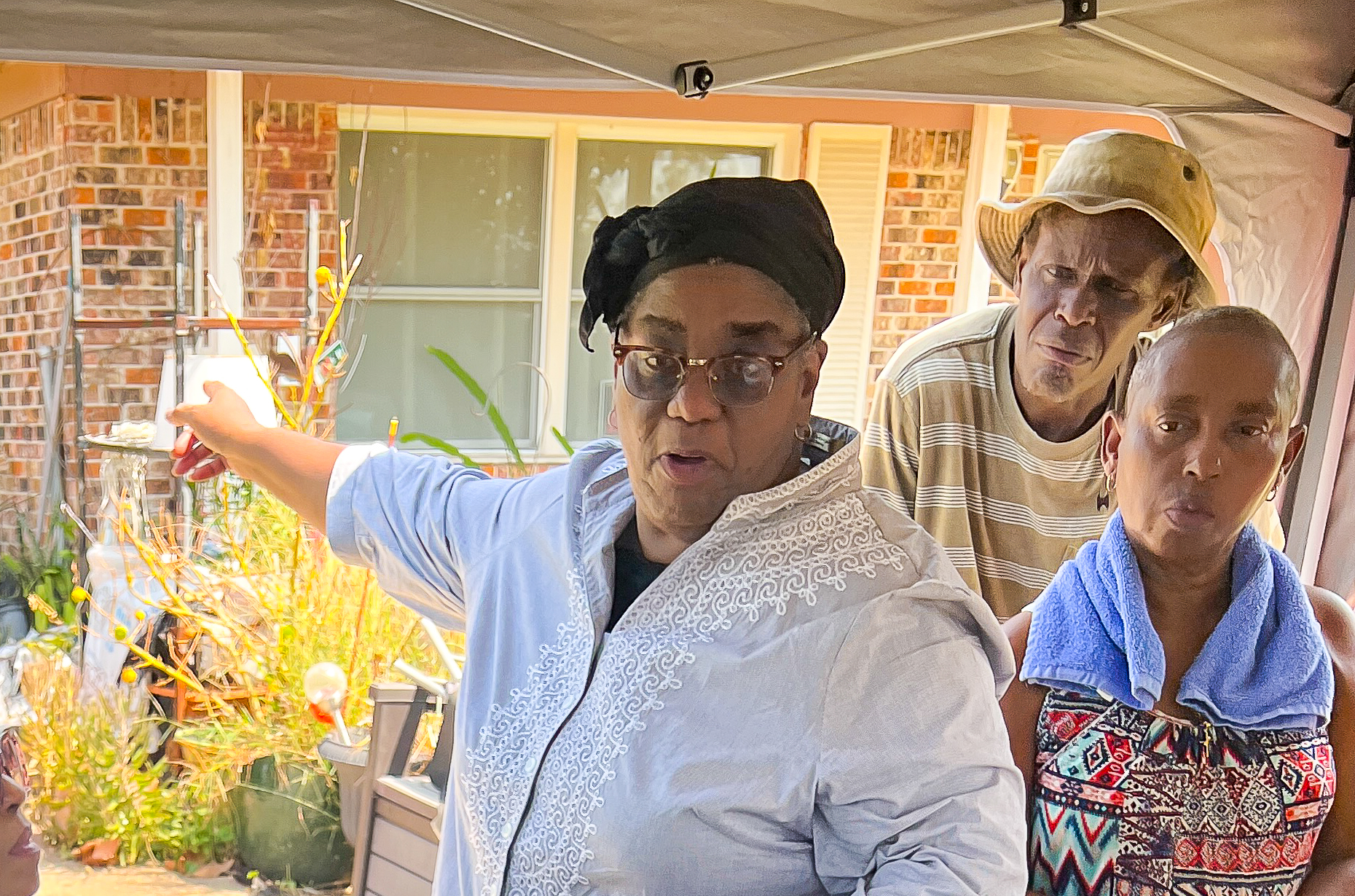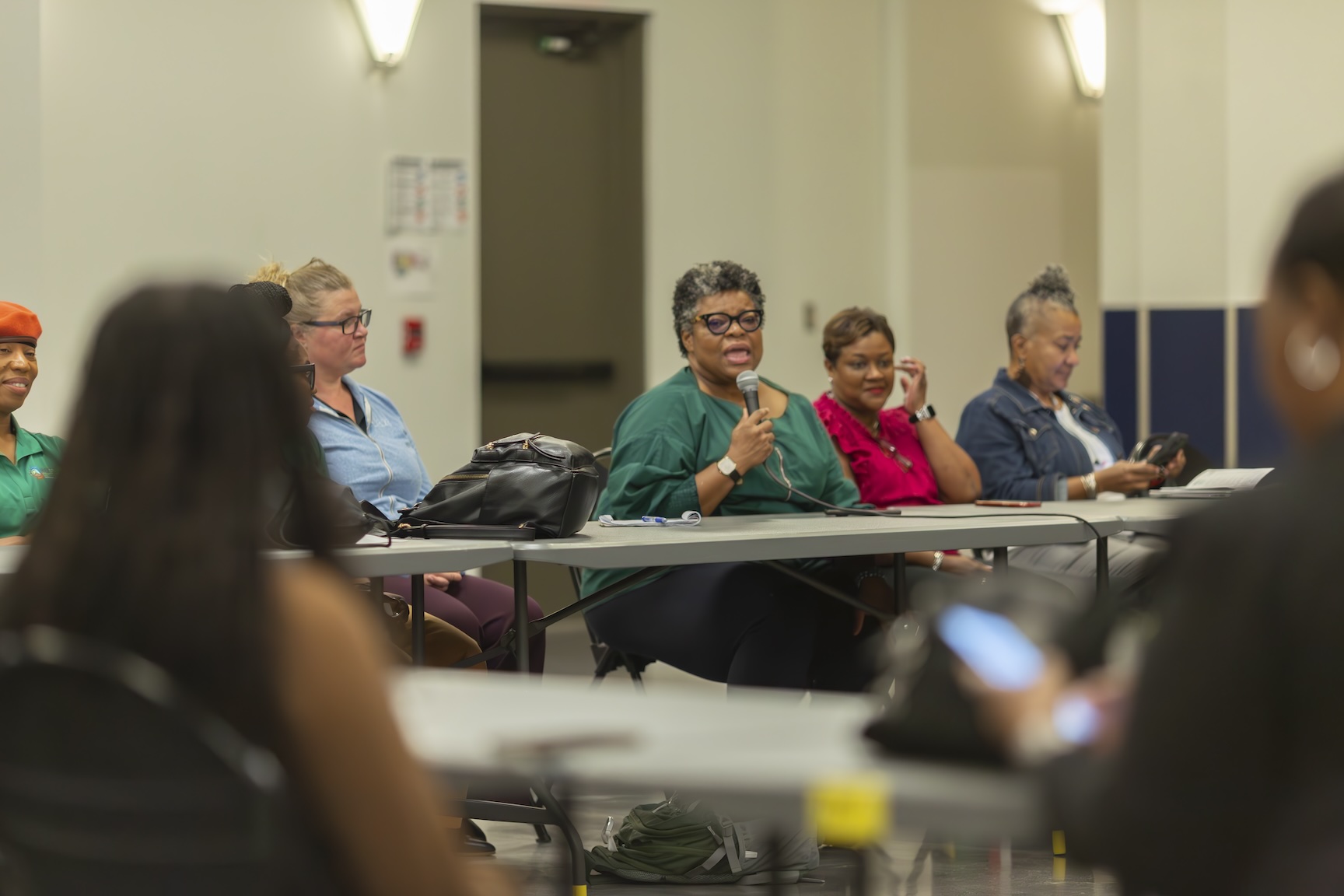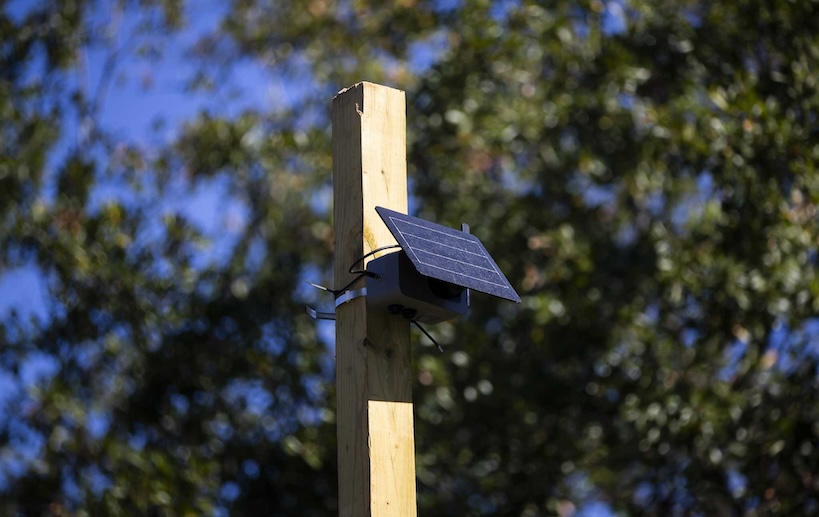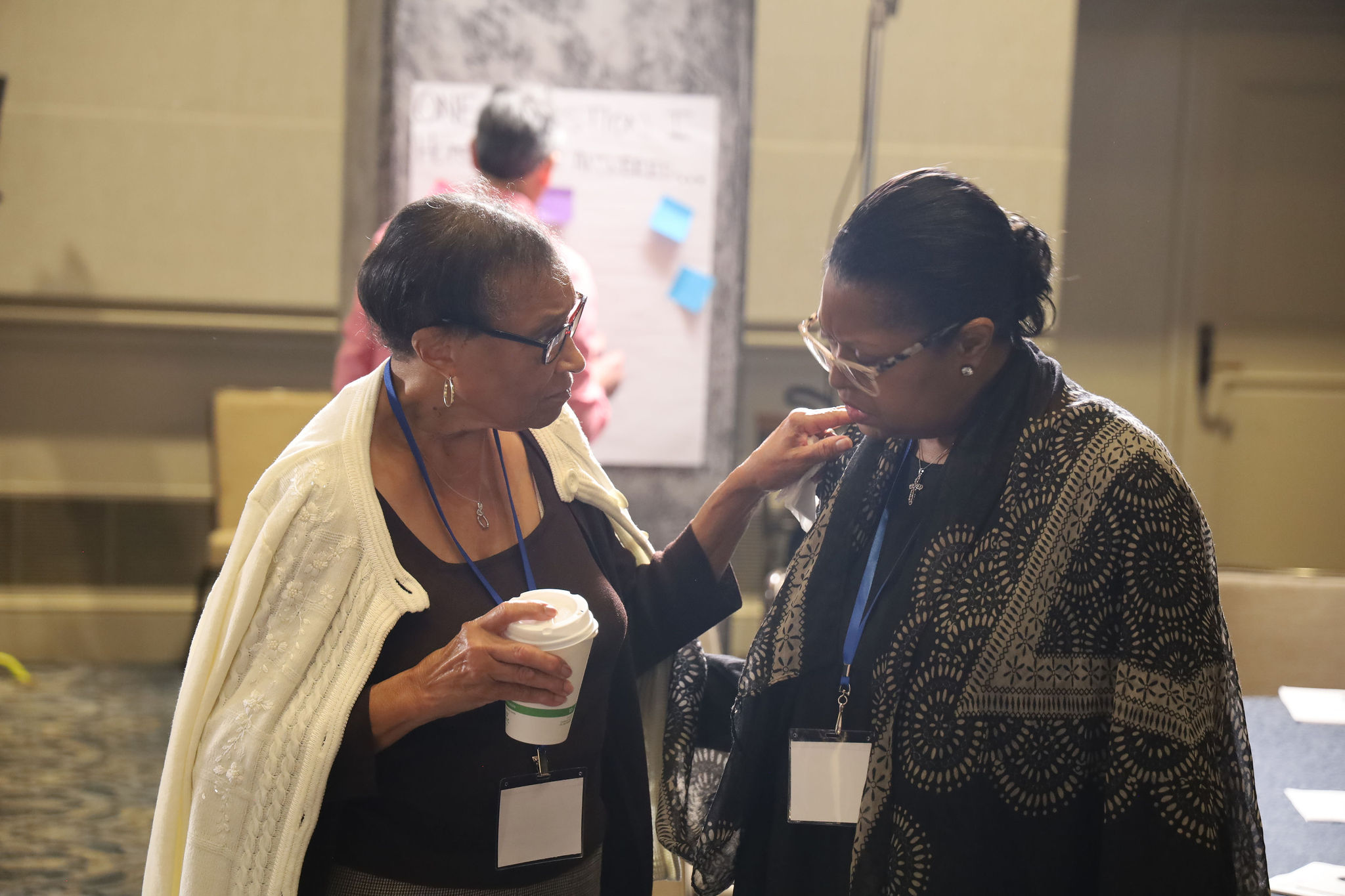
Gulf Water Justice Strategic Planning Project
Gulf Water Justice Strategic Planning Project
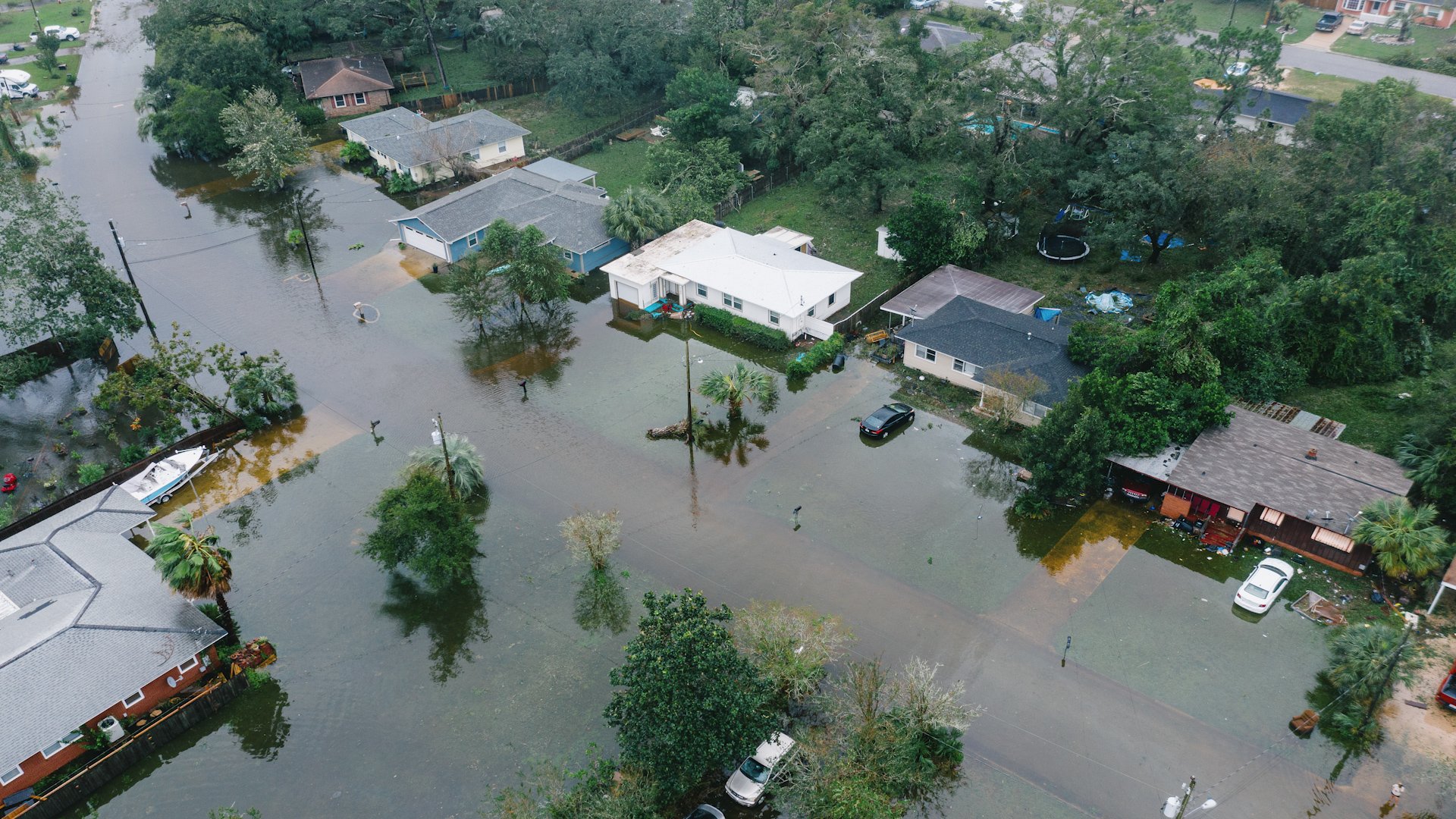
The Deep South Center for Environmental Justice (DSCEJ), in collaboration with Texas Southern University (TSU), is undertaking a strategic planning process to design the Gulf Water Justice Project.
Recognizing that communities along the Gulf Coast Region are collectively exposed to but uniquely challenged by climate change, DSCEJ aims to positively contribute to equitable water management decisions in the region.
Project Overview

The predicted effects of climate change being severest on predominantly African American and low-wealth communities in the Gulf Region compel action to ensure that communities are able to effectively participate in the management of their public water systems. Human health and safety are dependent on these systems that provide drinking water, monitor groundwater usage, assess surface water quality, and either divert or drain flood water.
Through the increased intensity and frequency of climate-induced disasters in recent years, it has become clear that our water systems in the Gulf Region are poorly managed and operated and are fraught with aging and neglected equipment.
Consequently, significant health and safety risks for Gulf coastal residents result from:
Unsafe drinking water
Inadequate flood control
Migration of toxic chemicals in stormwater
Overuse of groundwater leading to land subsidence
Additionally, water utilities, which consume massive amounts of fossil fuel-generated electricity, are also contributing to the problem of power plant pollution that harms our health and warms our planet. Incorporating climate resilience into the management of water systems and switching them to efficient and renewable energy alternatives are at nascent stages and occurring mostly outside of the Gulf Region. Yet, even with these progressive efforts to make water utilities climate ready, there is scant attention to ensuring that the input and concerns of vulnerable communities are included in these efforts.

Gulf Water Justice Network

Central to the strategic planning process is the formation of the Gulf Water Justice Network. The network is comprised of community-based organizations in cities of the Gulf Region depicted in the above photographs, as well as HBCU academic researchers and practitioners.
Network members have contributed to the design of a grassroots infrastructure for ensuring that water management decisions meet the needs of communities vulnerable to climate change and subjected to environmental injustice.
The network is undergirded by the HBCU-CBO Gulf Coast Equity Consortium, which is co-directed by DSCEJ and TSU.
Gulf Water Justice Network Members
- Rev. Calvin Avant, Unity in the Family Ministry – Wedgewood, Rolling Hills, Olive Heights in Pensacola, FL
- Logan Burke, Alliance for Affordable Energy – New Orleans, LA
- Rev. James Caldwell, Coalition of Community Organizations – Houston, TX
- Scott Eustis, Gulf Restoration Network – New Orleans, LA
- Rashida Ferdinand, Sankofa Community Development Corporation – Lower 9th Ward in New Orleans, LA
- Dawn Hebert, East New Orleans Neighborhood Advisory Commission – East New Orleans in New Orleans, LA
- Johnette Jackson & Dorothy McWilliams, Concerned Citizens of Melia – Melia Neighborhood in New Orleans, LA
- Arthur Johnson, Center for Sustainable Engagement & Development – Lower 9th Ward in New Orleans, LA
- Dr. Glenn Johnson, Texas Southern University – Houston, TX
- Dr. Elicia Moss, Alabama A & M University – Huntsville, AL
- Bridgette Murray, Achieving Community Tasks Successfully – Pleasantville in Houston, TX
- Dr. Earthea Nance, Texas Southern University – Houston, TX
- Dr. David Padgett, Tennessee State University – Nashville, TN
- Dr. Bernard Singleton, Dillard University – New Orleans, LA
- Ruth Story, Education, Economics, Environmental, Climate and Health Organization – Gulfport, MS
- Dr. Joan Wesley, Jackson State University – Jackson, MS
- Joe Womack, Clean, Healthy, Educated, Safe and Sustainable Community – Africatown in Mobile, AL
Funded by:
